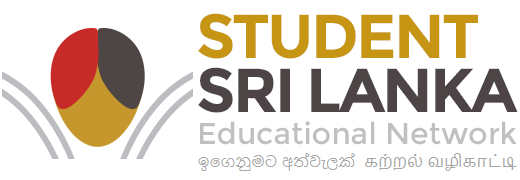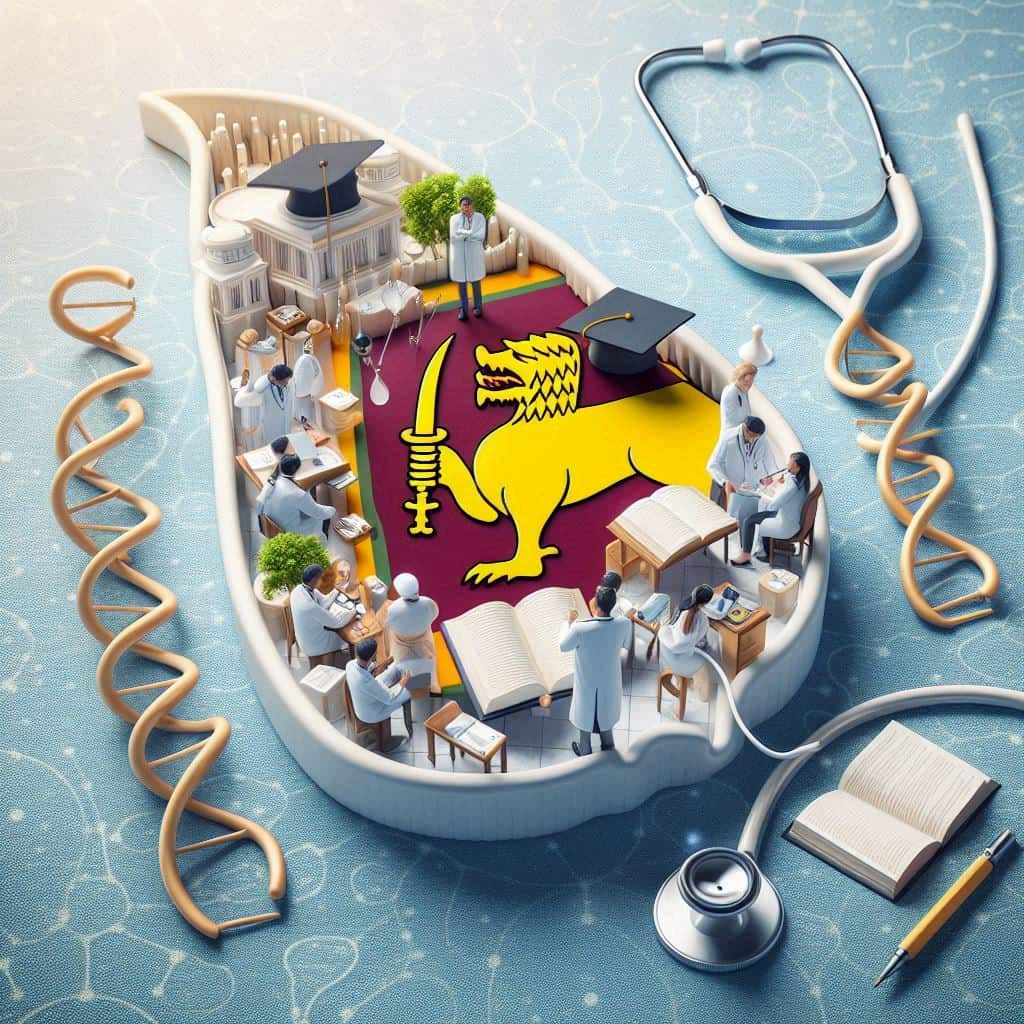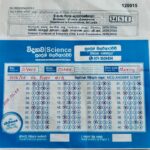
In Sri Lanka, pursuing a career in medicine is a dream for many biological science students, often encouraged by parents. However, the path to becoming a doctor is highly competitive and comes with its own set of challenges. This article aims to provide a comprehensive overview of medical education in Sri Lanka, including the pros and cons of the profession and a list of state universities offering MBBS degrees.
Pros of Becoming a Doctor:
- Respected profession in society
- Opportunity to help and heal people
- Job security and diverse career options
- Continuous learning and professional growth
Cons of Becoming a Doctor:
- Highly competitive admission process
- Long and rigorous education and training
- Recent PAYE tax deductions affecting take-home pay
- Potential for low salaries, especially in early career stages
- Requirement to work in remote areas
- High-stress levels and demanding work hours
- Increasing frustration among doctors, leading to migration
State Universities Offering Medical Degrees:
Established Medical Faculties (Fully recognized by SLMC):
- University of Colombo
- University of Peradeniya
- University of Sri Jayewardenepura
- University of Kelaniya
- University of Jaffna
- University of Ruhuna
- Eastern University, Sri Lanka
- Rajarata University of Sri Lanka
Recently Established Medical Faculties (Pending full SLMC approval):
9. Wayamba University of Sri Lanka
10. Sabaragamuwa University of Sri Lanka
11. University of Moratuwa
12. Uva Wellassa University of Sri Lanka
Choosing a Medical Faculty:
When selecting a medical faculty, consider the following factors:
- SLMC (Sri Lanka Medical Council) recognition status
- Available infrastructure and facilities
- Quality and availability of lecturers and professors
- Access to professorial units for clinal training
- Research opportunities and resources
Note: Due to the ongoing economic crisis, recently established faculties may face challenges such as infrastructure issues, shortage of teaching staff, and limited access to practical training facilities. It’s crucial to research thoroughly and choose a faculty that can provide a comprehensive medical education.
Conclusion:
Becoming a doctor in Sri Lanka requires dedication, hard work, and a high Z-score in the GCE A/L examination. While the profession offers numerous rewards, it’s essential to consider the challenges and make an informed decision. Carefully evaluate your options and choose a medical faculty that aligns with your goals and offers the best educational experience.
Sri Lanka Medical Council – SLMC recognized MBBS degrees
Hiran Amarasekera






Leave a Reply